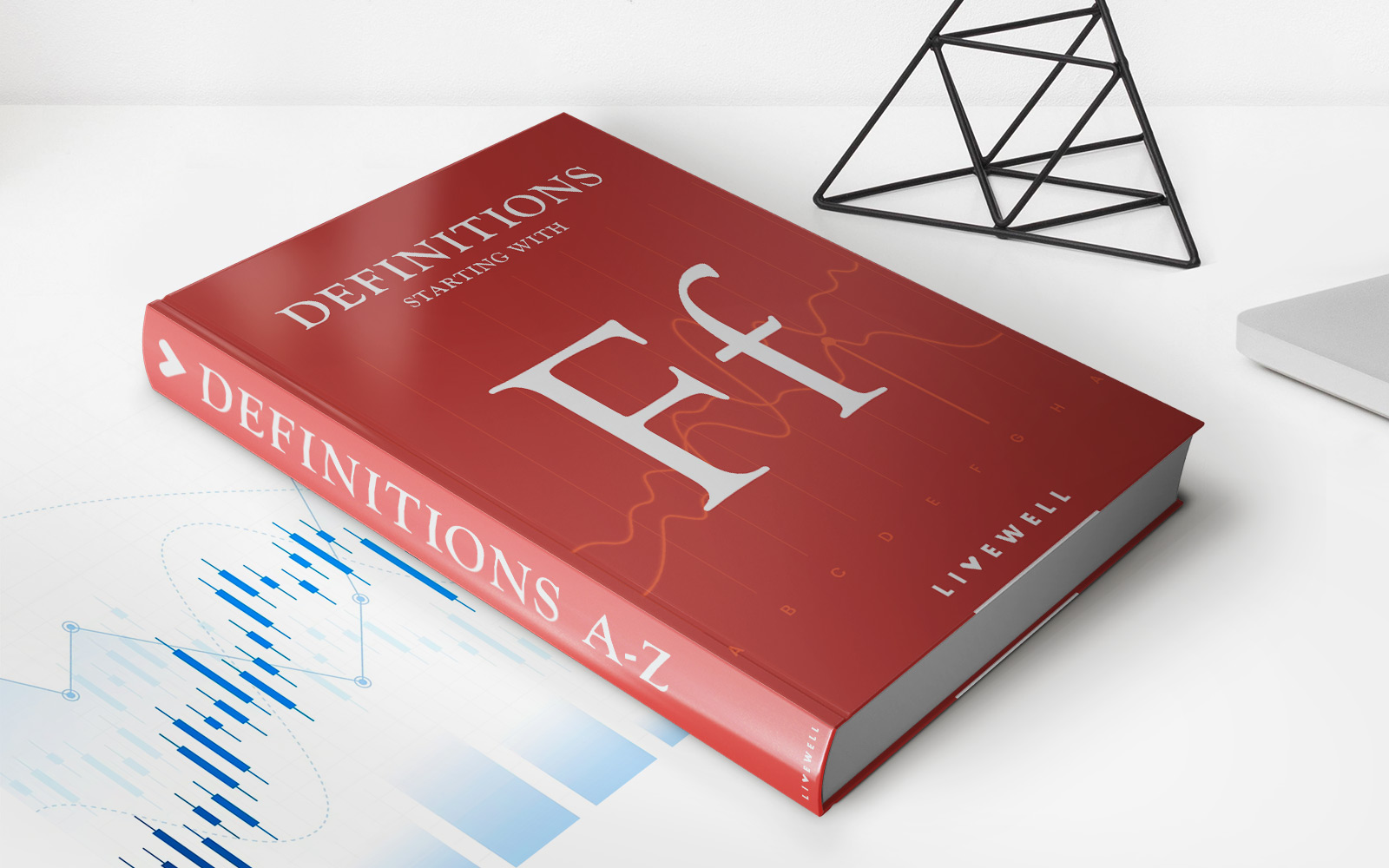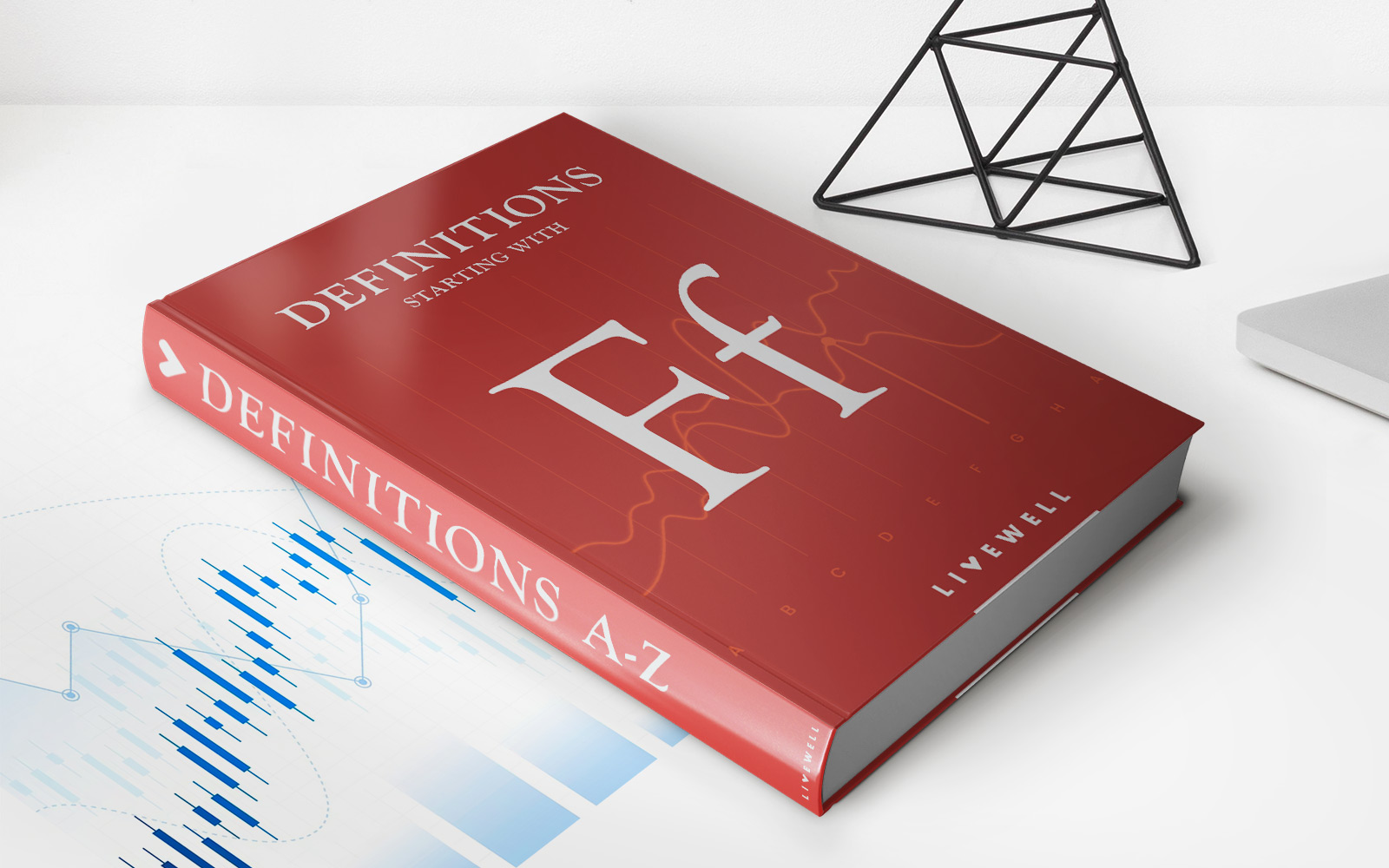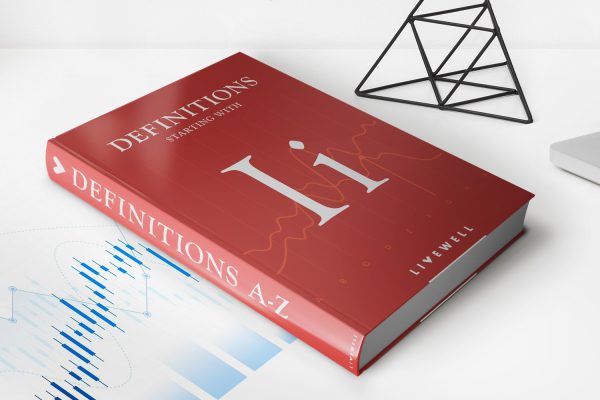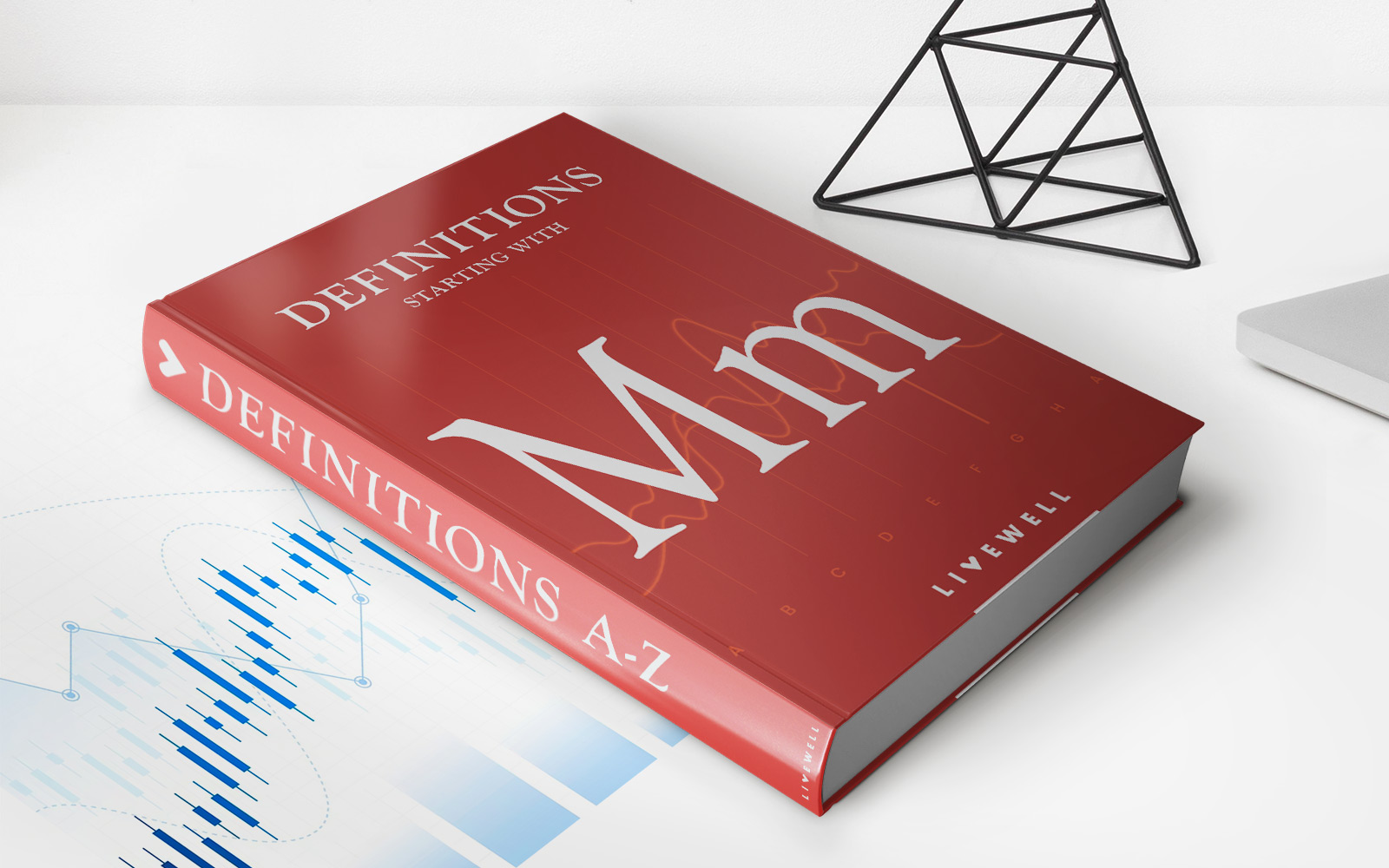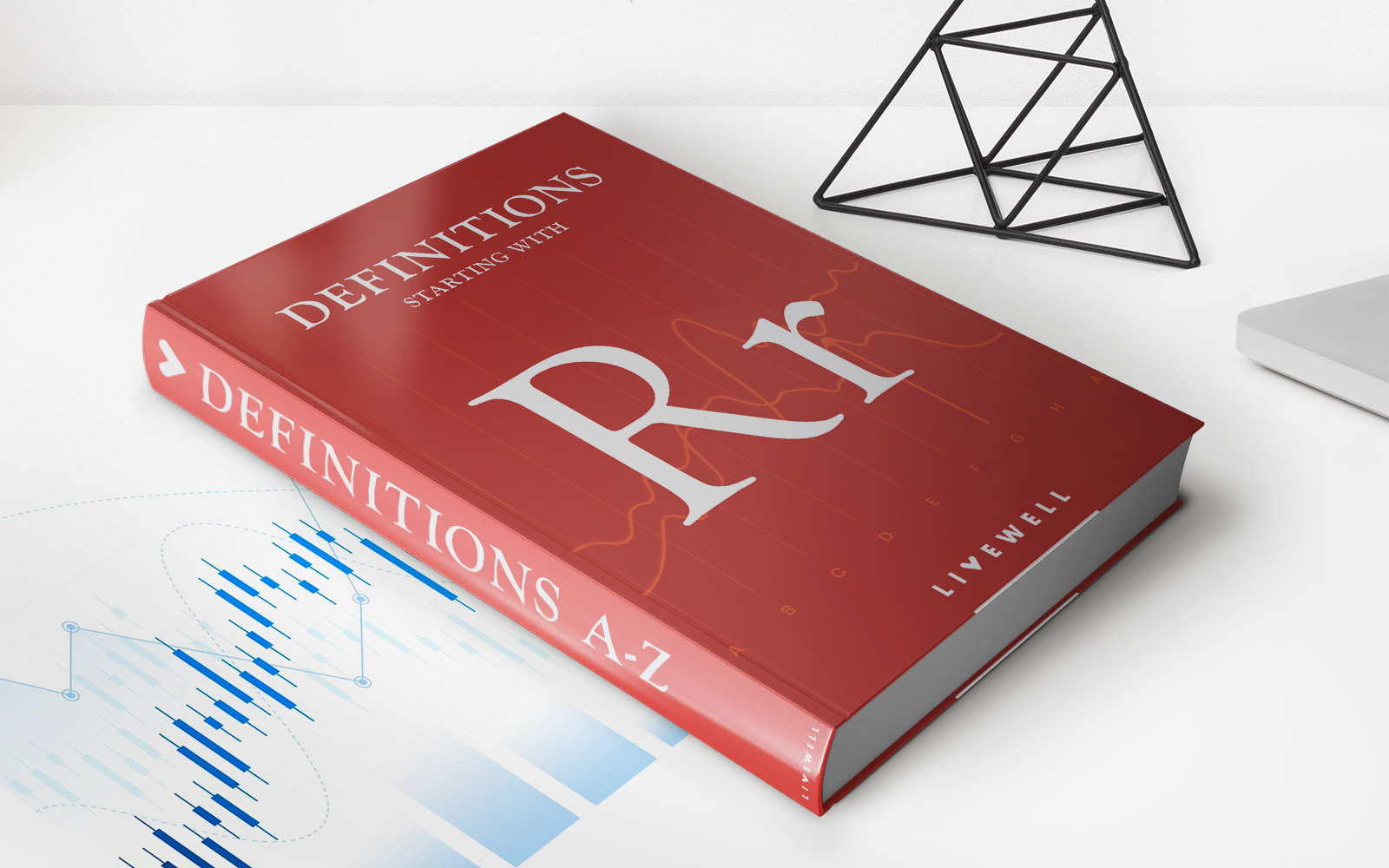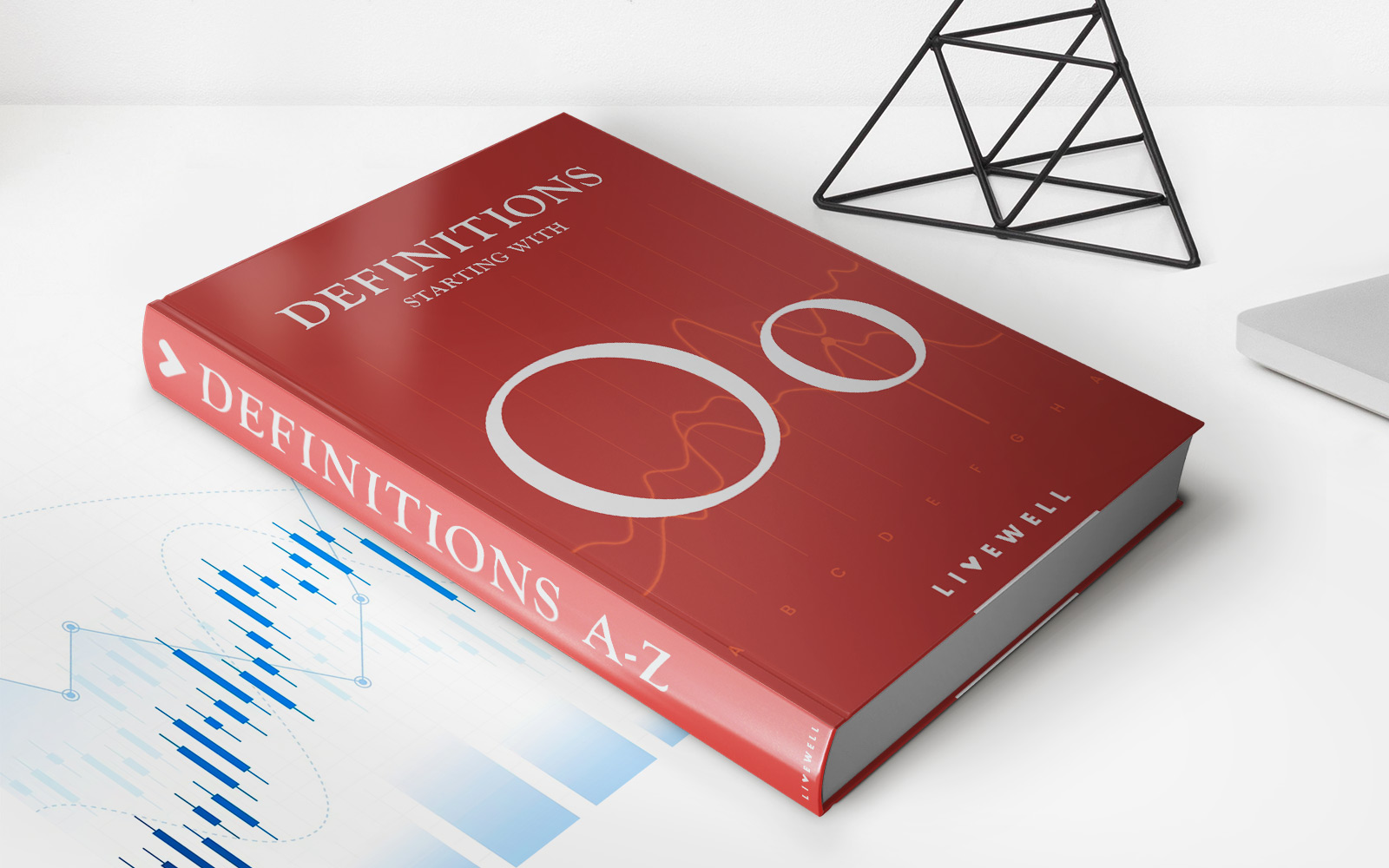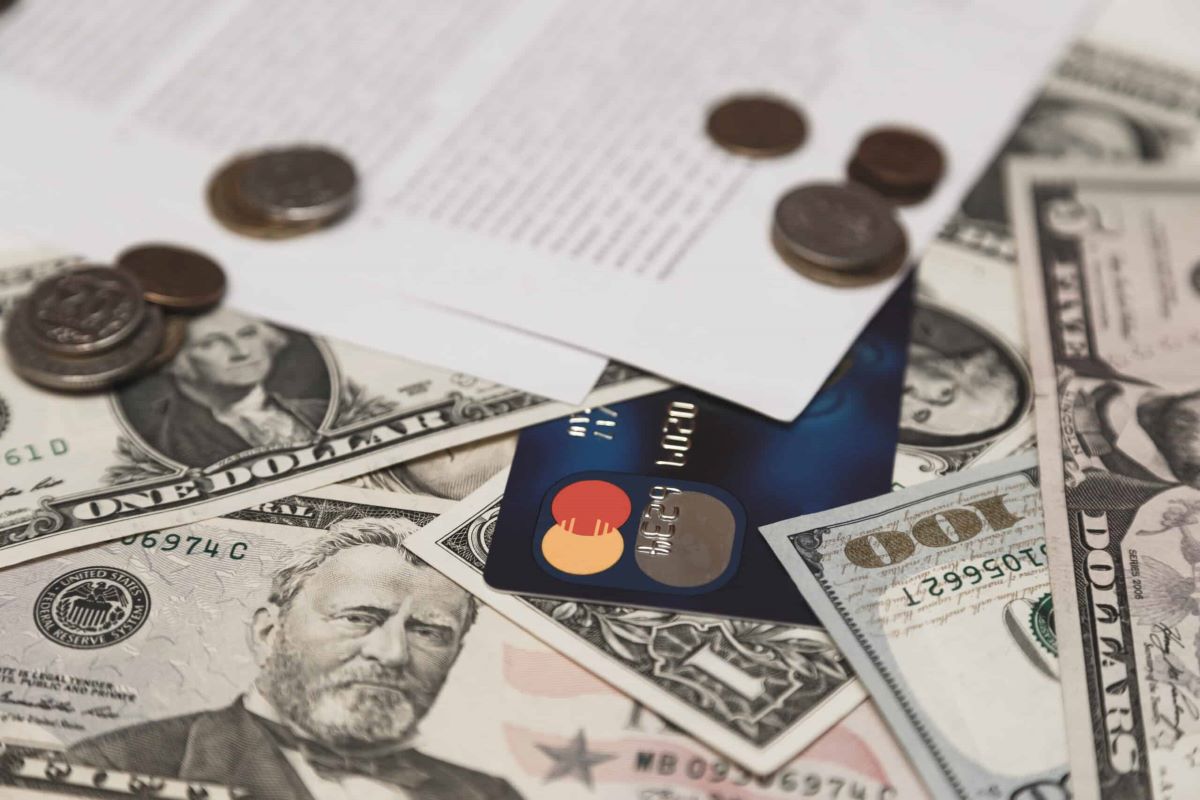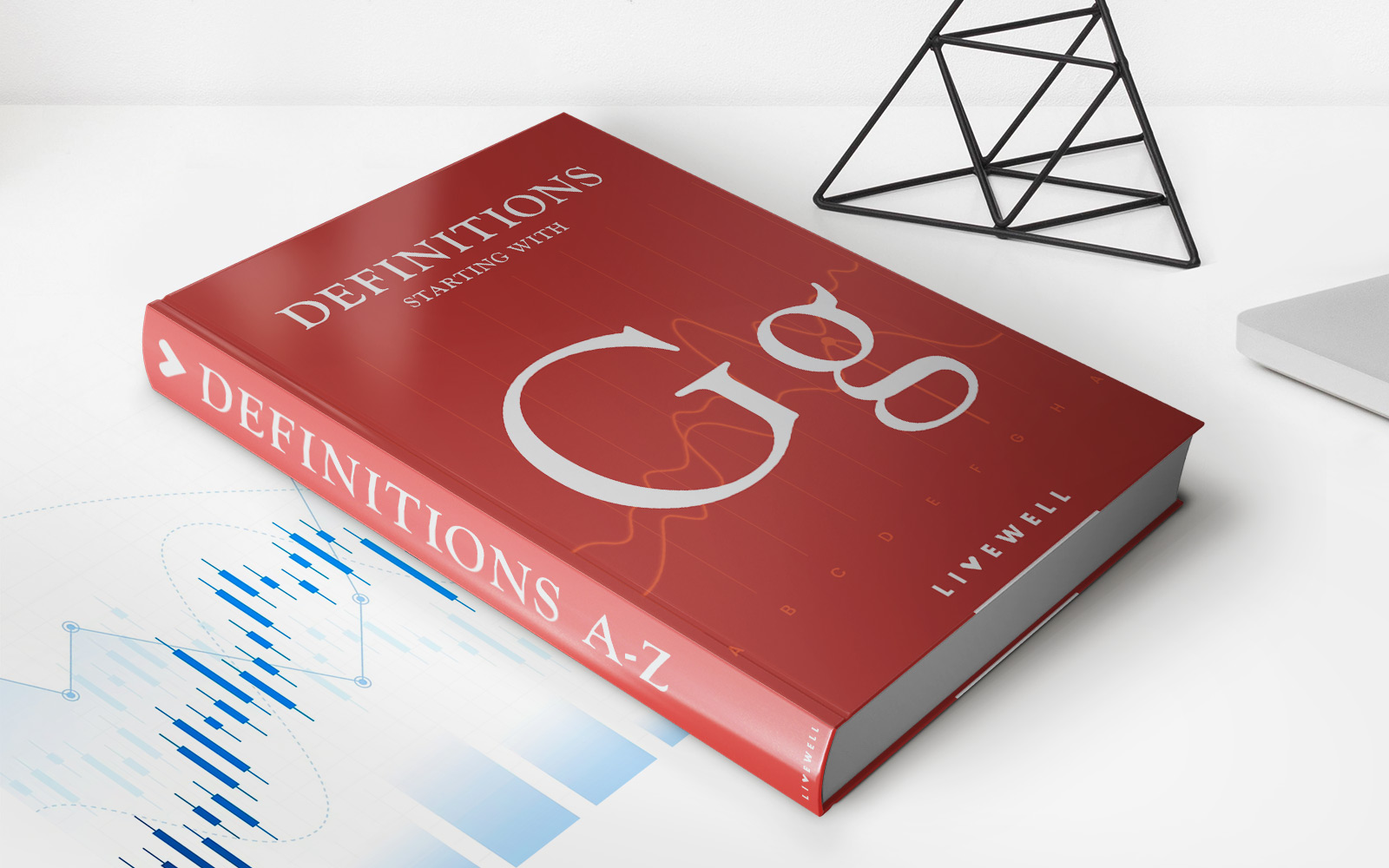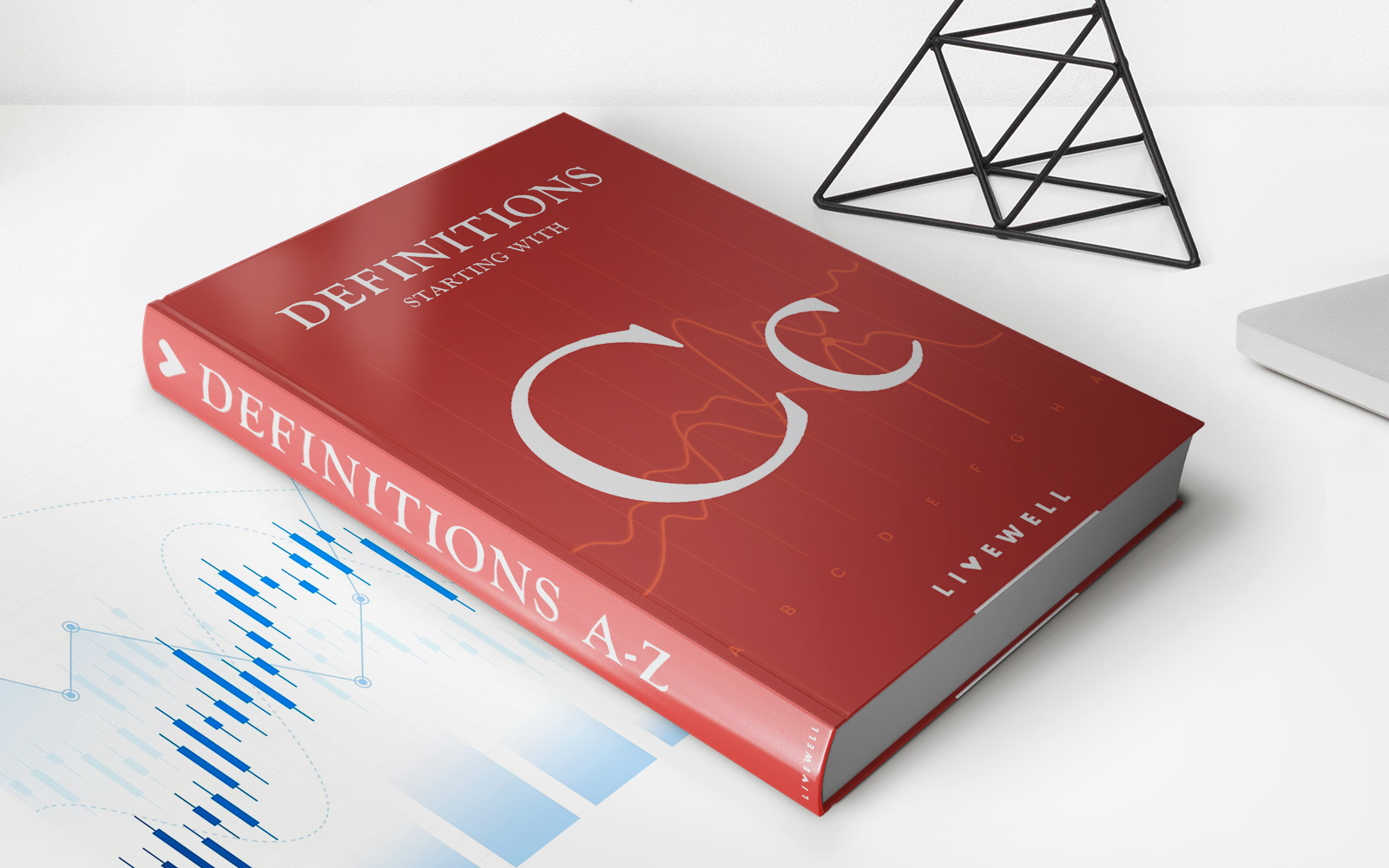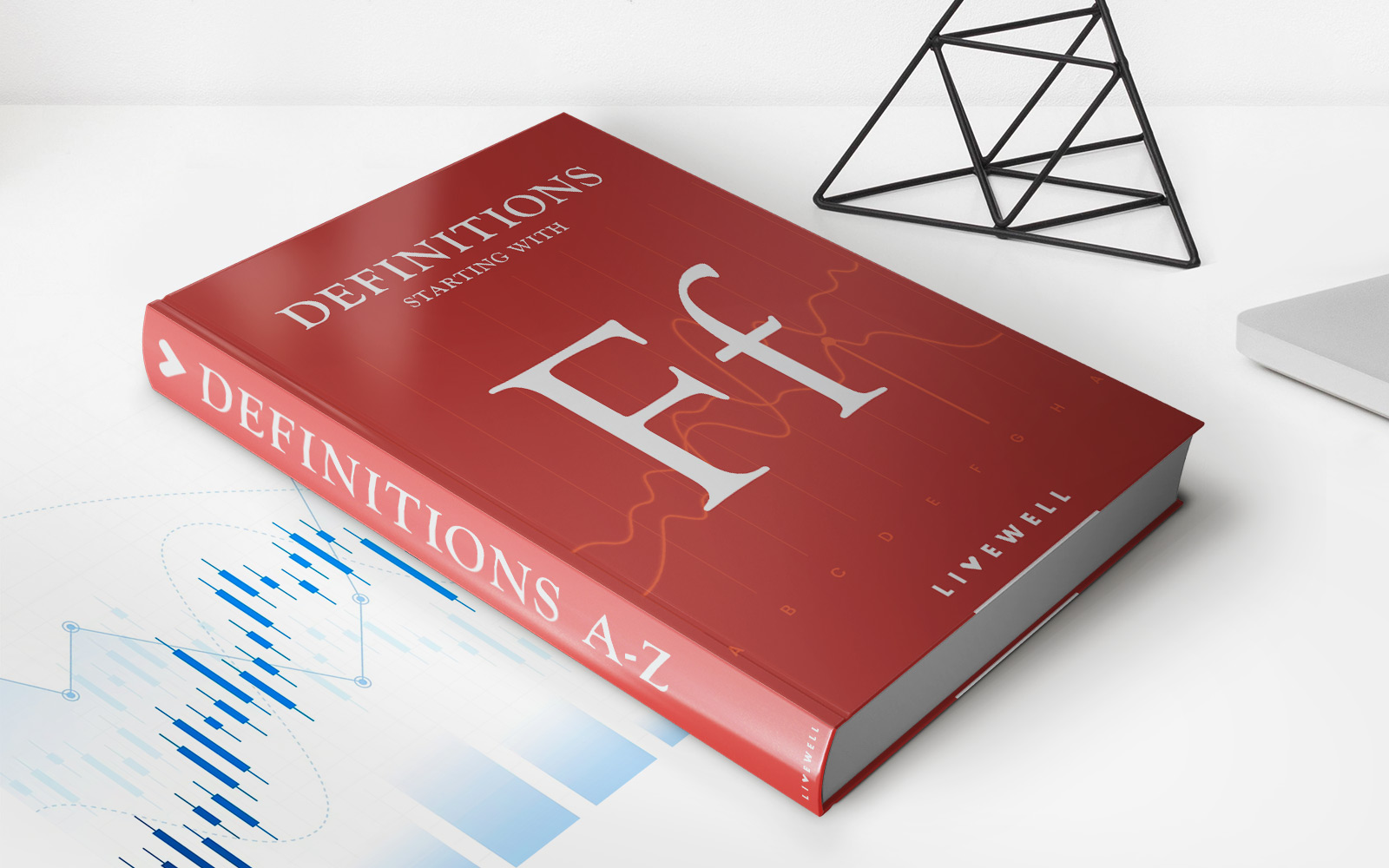Home>Finance>What Is An Executor? Definition And Responsibilities
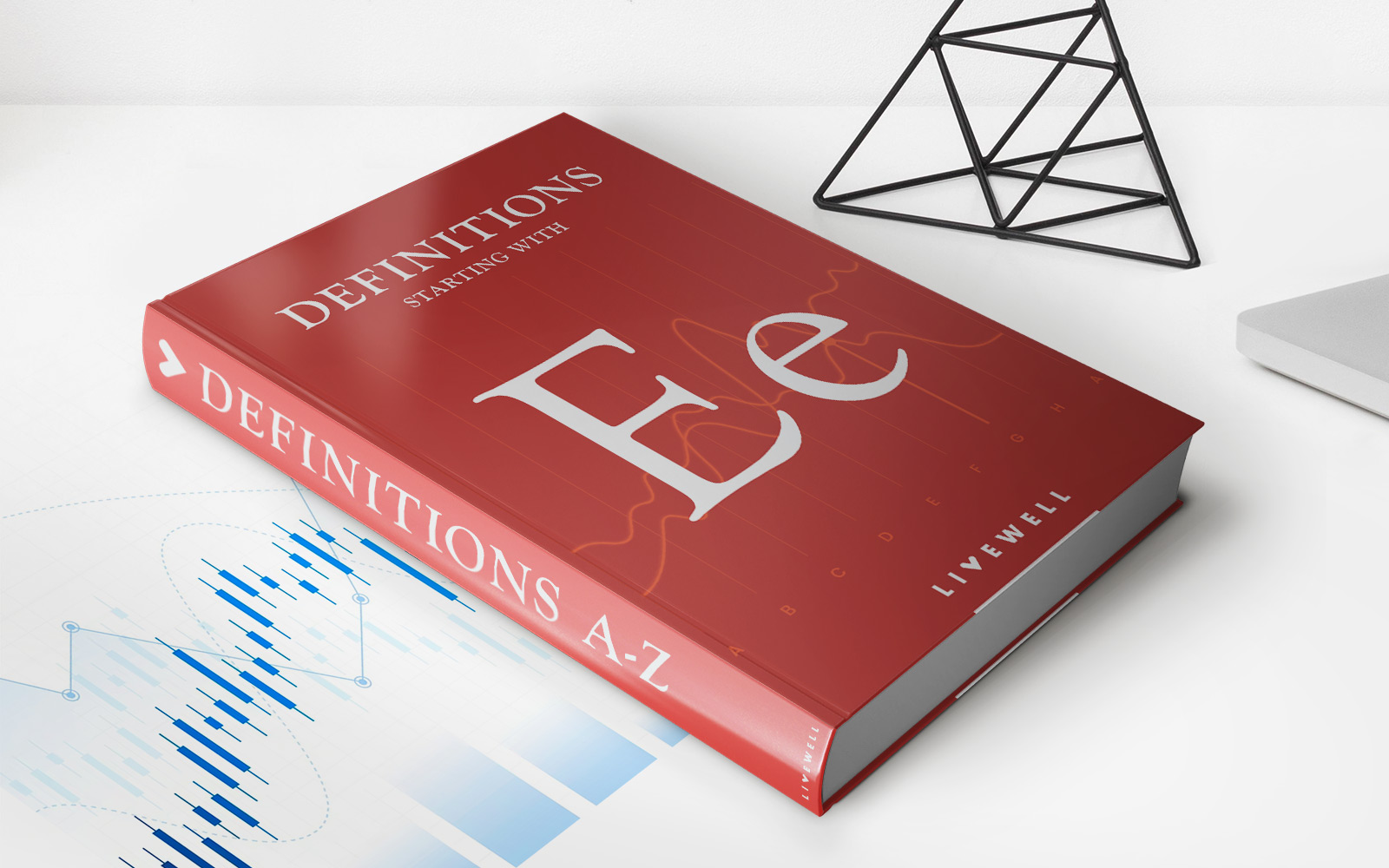

Finance
What Is An Executor? Definition And Responsibilities
Published: November 20, 2023
Learn the definition and responsibilities of an executor in finance. Understand the crucial role they play in managing estates and ensuring financial obligations are met.
(Many of the links in this article redirect to a specific reviewed product. Your purchase of these products through affiliate links helps to generate commission for LiveWell, at no extra cost. Learn more)
What Is an Executor? Definition and Responsibilities
When it comes to personal finances and estate planning, certain terms can often be confusing. One such term is “executor.” If you’ve ever wondered what an executor is and what responsibilities they have, then you’ve come to the right place. In this blog post, we’ll provide a clear definition of an executor and outline the key responsibilities they undertake when it comes to managing an individual’s estate after their passing.
Key Takeaways:
- An executor is a person who is appointed in a will to carry out the last wishes and instructions of the deceased individual, known as the testator.
- The main responsibilities of an executor include managing the estate, distributing assets to beneficiaries according to the will, paying off debts and taxes, and ensuring the proper completion of legal documents.
What Is an Executor?
An executor is an individual named in a last will and testament to oversee the administration of an estate after the testator’s death. This role is a position of trust, as the executor is responsible for ensuring that the deceased individual’s final wishes are carried out and that the estate is distributed in accordance with the instructions outlined in the will. To put it simply, an executor is the person who acts as the “personal representative” of the deceased individual.
When a person creates a will, they have the ability to choose who they want to serve as their executor. It is common for individuals to choose a trusted family member, friend, or even a professional, such as an attorney or accountant, to carry out this important role. The executor’s primary duty is to oversee the entire probate process, which involves validating the will in court and distributing the assets to the beneficiaries.
Responsibilities of an Executor
The responsibilities of an executor can vary depending on the complexity of the estate and the specific instructions laid out in the will. However, there are several common tasks that most executors are required to complete:
- Manage the estate: The executor is responsible for safeguarding the deceased individual’s assets, which may include real estate, bank accounts, investments, and personal belongings. They may need to manage these assets during the probate process or until they can be distributed to the beneficiaries.
- Distribute assets: One of the primary responsibilities of an executor is to distribute the assets and property of the deceased individual to the beneficiaries named in the will. This involves identifying the beneficiaries, conducting inventory, appraising assets, and transferring ownership.
- Pay off debts and taxes: The executor must identify and pay off any outstanding debts or taxes owed by the deceased individual or the estate. This can include mortgages, loans, credit cards, and any outstanding tax obligations.
- File legal documents: The executor is responsible for filing necessary legal documents with the court, such as the will itself, petitions for probate, and any other required paperwork. They must also ensure that all legal deadlines are met throughout the probate process.
- Communicate with beneficiaries: It is the executor’s duty to keep beneficiaries informed about the progress of the probate process and any significant decisions that need to be made. They should be available to answer questions, provide updates, and address any concerns raised by beneficiaries.
It is important to note that being an executor can be a complex and time-consuming role. Executors may need to consult with legal and financial professionals to ensure that they fulfill their responsibilities correctly and efficiently.
Conclusion
An executor plays a vital role in managing the affairs and distributing the assets of a deceased individual. By understanding the responsibilities associated with the role, you can appreciate the importance of selecting a trusted and capable executor when creating your own estate plan. If you are named as an executor, it is crucial to seek professional guidance to navigate the probate process and fulfill your obligations effectively.
Remember, an executor’s primary goal is to honor the final wishes of the deceased and ensure a smooth transition for the beneficiaries during a difficult time.
